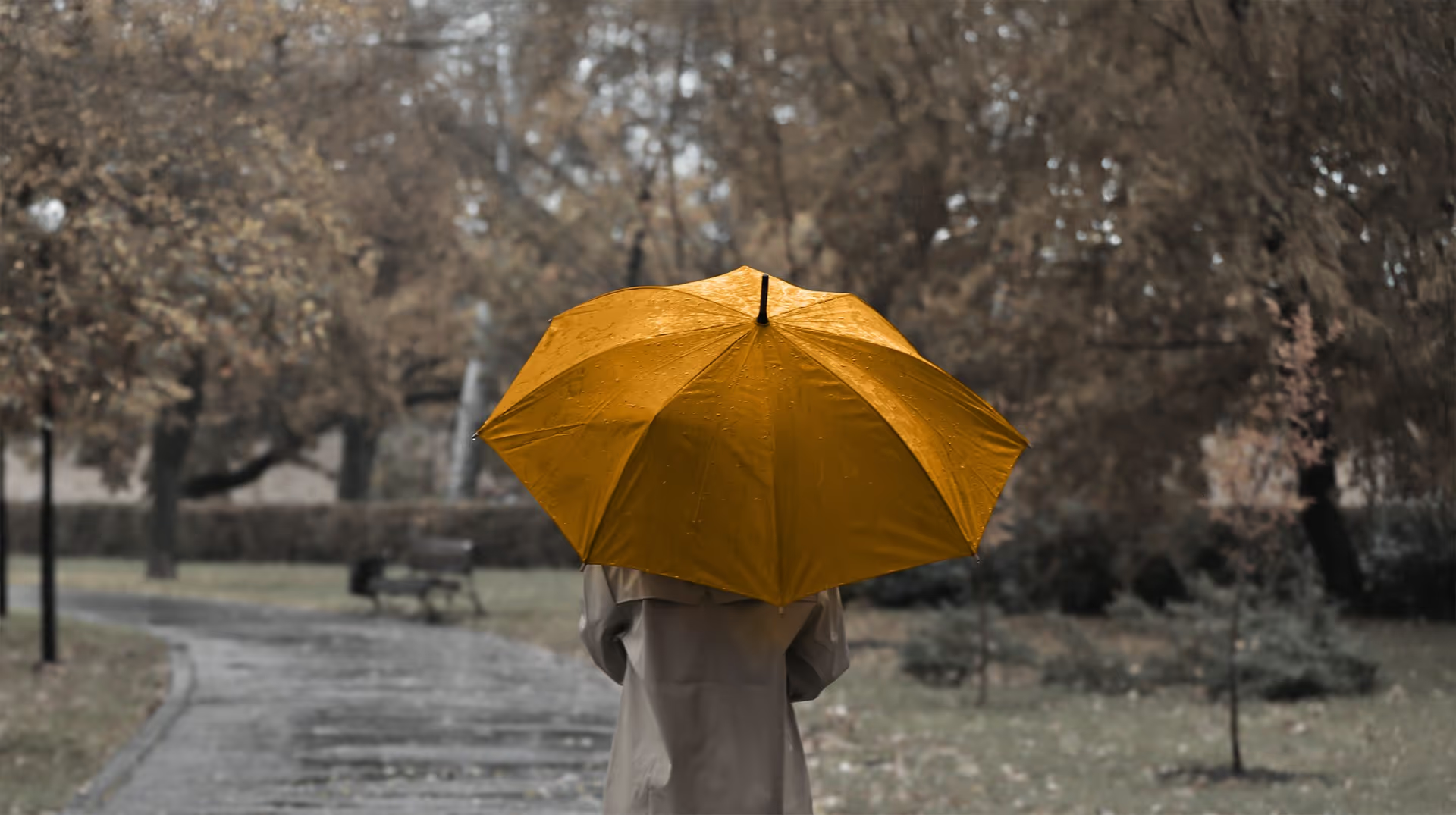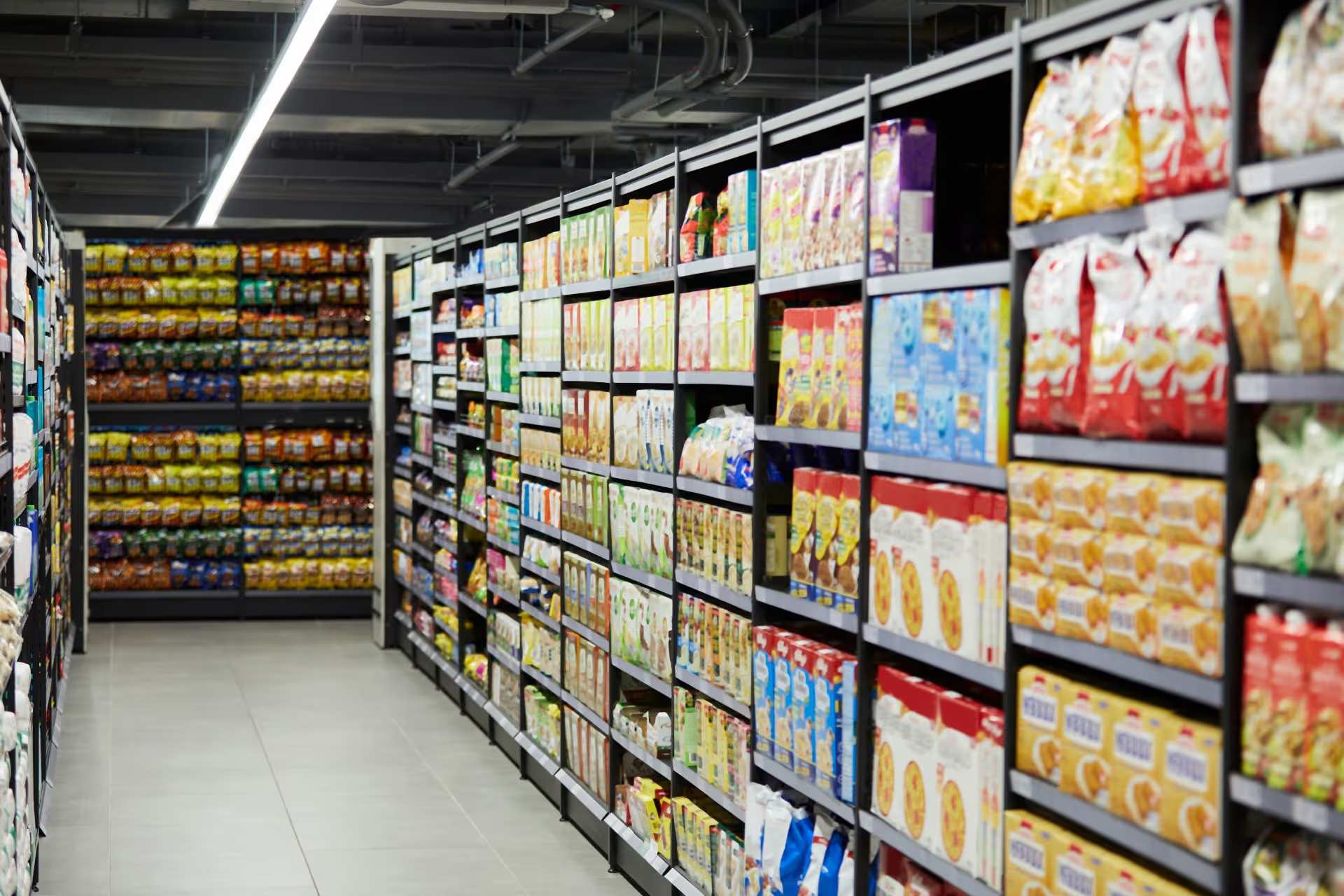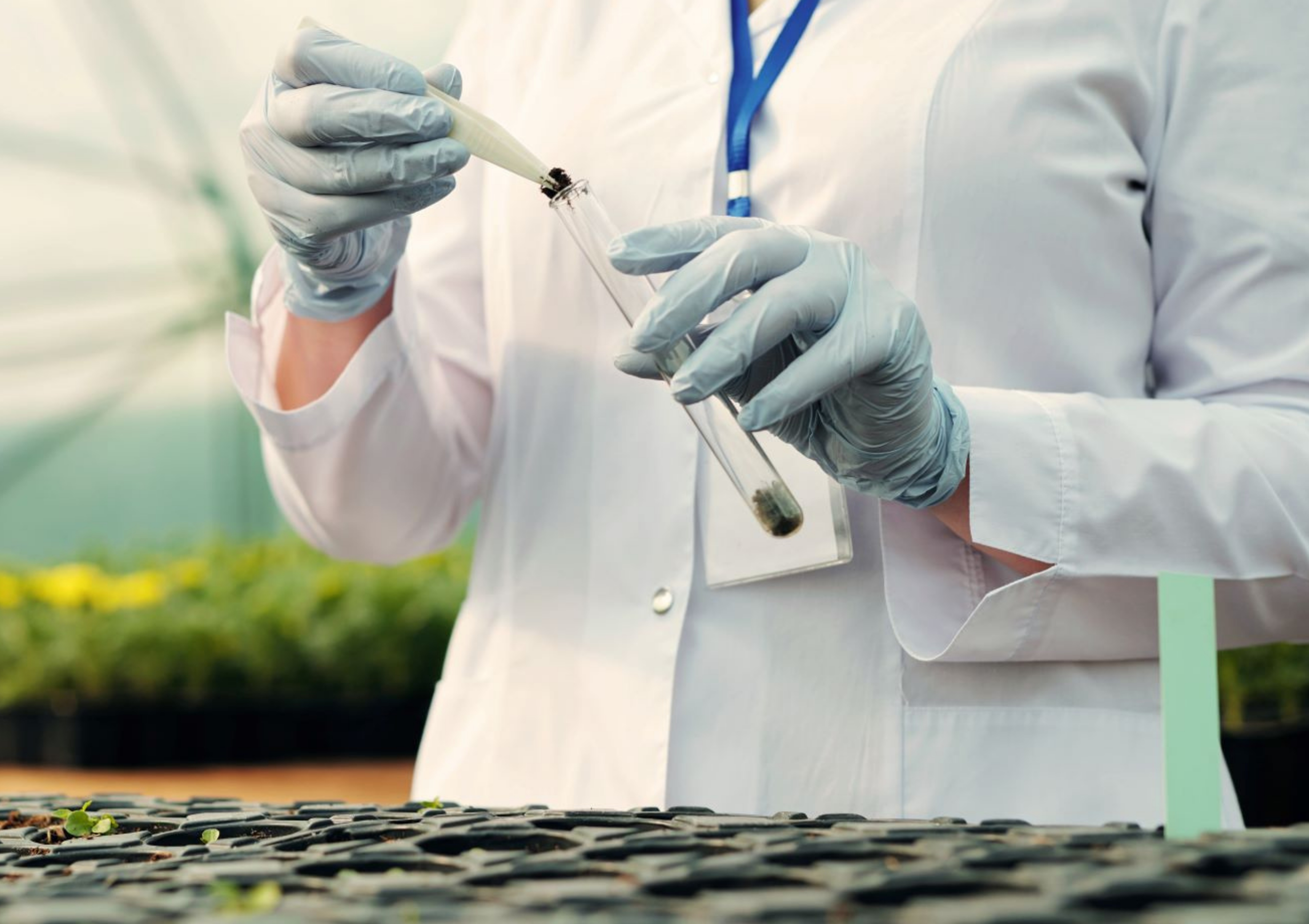A new report from the European Union Intellectual Property Office (EUIPO), released in June 2025, has laid bare the growing scale and sophistication of food and drink counterfeiting across Europe.
The coordinated effort, carried out by Europol and Interpol, resulted in the seizure of over €90 million worth of counterfeit food and beverages in 2024. This included 22,000 tonnes of fake food and more than 850,000 litres of alcoholic drinks.
This large-scale operation also led to the dismantling of 11 criminal networks and saw 278 individuals referred to judicial authorities. Beyond the headline figures, the findings underscore a broader, and deeply concerning, truth: food fraud is now a major threat not just to intellectual property (IP), but to consumer health and the EU's system of quality protections.
A broader crisis echoing past trends
This latest development builds directly on the trends we explored in our previous insights, particularly Food Fraud and Counterfeiting in the EU: An Analysis of Recent Trends and EU's Olive Oil Counterfeiting Raid Raises Huge Intellectual Property Concerns. In those articles, we detailed how certain product categories - particularly olive oil, spirits, and wine - are consistently targeted by organised criminal groups because of their high market value and the level of trust consumers have in these products' branding.
Now, the EUIPO confirms that food and drink products have become the second most seized counterfeit category at the EU's external borders, second only to luxury goods. With growing global demand and widespread consumer trust in EU food labels, counterfeiters are exploiting weaknesses in enforcement and labelling systems to flood the market with fake goods.
GI Protection under pressure
At the heart of the problem is the undermining of Europe's system of Geographical Indications (GIs), a legal mechanism that protects product names tied to regional origin and quality standards. Over 3,600 food and drink products across the EU currently enjoy GI status, including Irish whiskey, Parmigiano Reggiano, Roquefort, and Achill Island Sea Salt.
According to the EUIPO report:
- €2.28 billion in annual losses are linked to the counterfeiting of wine and spirits alone
- €40 million in sales are lost each year in Ireland due to food fraud
- France, Italy, and Germany lead the EU in both production and consumption of GI products, making them especially vulnerable
The long-term impact? Erosion of consumer confidence, damage to legitimate producers' reputations, and weakening of the legal protections designed to preserve Europe's agricultural and cultural heritage.
Sophisticated counterfeit methods and public health risks
Counterfeiters are becoming more resourceful. Authorities report the reuse of original bottles, application of fraudulent GI labels, and even the use of hazardous substances in counterfeit goods. The report cites examples of seized food and drink products containing methanol, mercury, fipronil, and toxic pesticides, all of which pose serious health risks to unsuspecting consumers.
As we previously highlighted in the olive oil-focused article, these tactics not only deceive the public but also severely infringe upon protected IP rights. The latest figures show this is no longer an isolated phenomenon, it is sadly now very much a systemic problem.
Potter Clarkson's specialist FMCG team not only protect consumer products' brand identities but also enforce these rights by actively spotting and tackling counterfeits. To find out more, please contact us today.
References



























.jpg)
